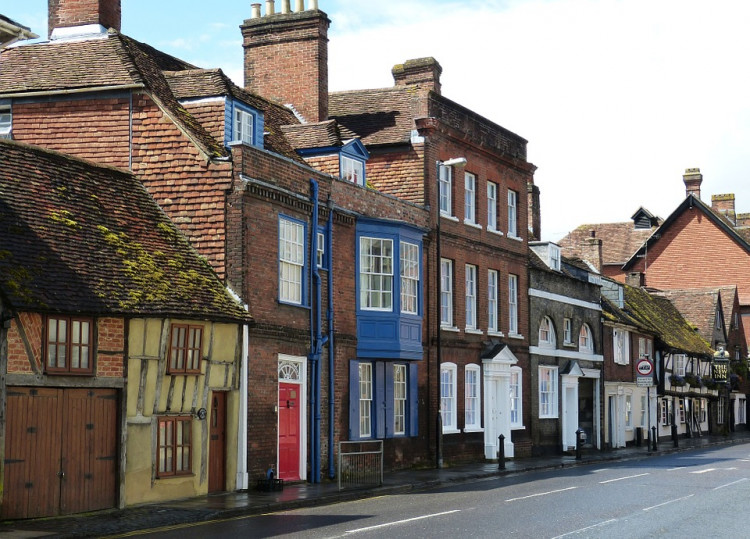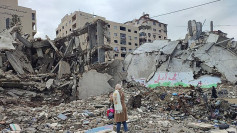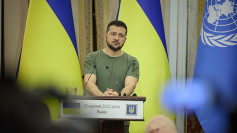Nearly a year into decontamination efforts in Salisbury, Wiltshire, England, and a neighboring town, Amesbury, authorities declare these as a safe once more and free from traces of the nerve gas Novichok which was used in a poisoning attempt on former Russian spy, Sergei Skripal, on March 4, 2018.
The English town has been subjected to massive decontamination protocols in order to ensure safety among its residents after exposure to the toxic agent resulted in serious illness in three and the death of one of the unwitting victims.
Some 11 nerve gas danger sites and the home of the former double agent Skripal went under intense scrutiny and were subjected to massive specialist decontamination and clean-up activities, according to the Department for Environment, Food, and Rural Affairs (DEFRA). An estimated 190 Royal Air Force and British Army personnel, including chemical specialist contractors, undertook the critical task of making Salisbury---and Amesbury---contaminant- and risk-free.
Actual and potential risk areas were tested for the nerve gas chemical while objects which were deemed as potentially having been contaminated were taken from the sites. The areas identified then underwent chemical cleanup and afterward retested.
In addition, the United Kingdom's Decontamination Science Assurance Group undertook a complete assessment in order to guarantee the absence of any foreseeable ongoing risks remaining.
Skripal's house, which was the last to be released from intense nerve gas risk scrutiny, will now be ready for reconstruction and refurbishing, according to the recovery coordinating group chairman for South Wiltshire, Alistair Cunningham.
In a DEFRA statement, he said, "We are continuing to talk to the residents on the future of the property."
He also recognized the value of considering the residents' views on the matter of how their property will be treated "in the future," those of residents on the same stretch of road as the Skripal home.
Sergei Skripal, 66, and his daughter, Yulia, 33, who was visiting her father from Russia, had been discovered on a bench at a city center, unconscious, following the attack. Both were in the hospital for weeks after, as was the policeman who had discovered them.
Months later, in June, in a similar and related incident in the nearby town of Amesbury, Dawn Sturgess and her partner Charlie Rowley were also exposed to the chemical. Rowley was said to have unknowingly exposed Sturgess and himself with deadly toxin through a perfume bottle he had gifted her with. Sturgess died within minutes of having sprayed it on her wrist.
It is believed that this later incident was an unfortunate result of efforts made by the earlier perpetrators of the Skripal attack to dispose of the toxic agent.
In September of the same year, the British government was able to identify two suspects, Russian nationals, Alexander Petrov and Ruslan Boshirov, allegedly from the Russian military intelligence. Both were claiming to be tourists visiting the city.
Moscow has denied having anything to do with the incident, but relations between London and the Russian capital have been decidedly chill following the horrendous events.






